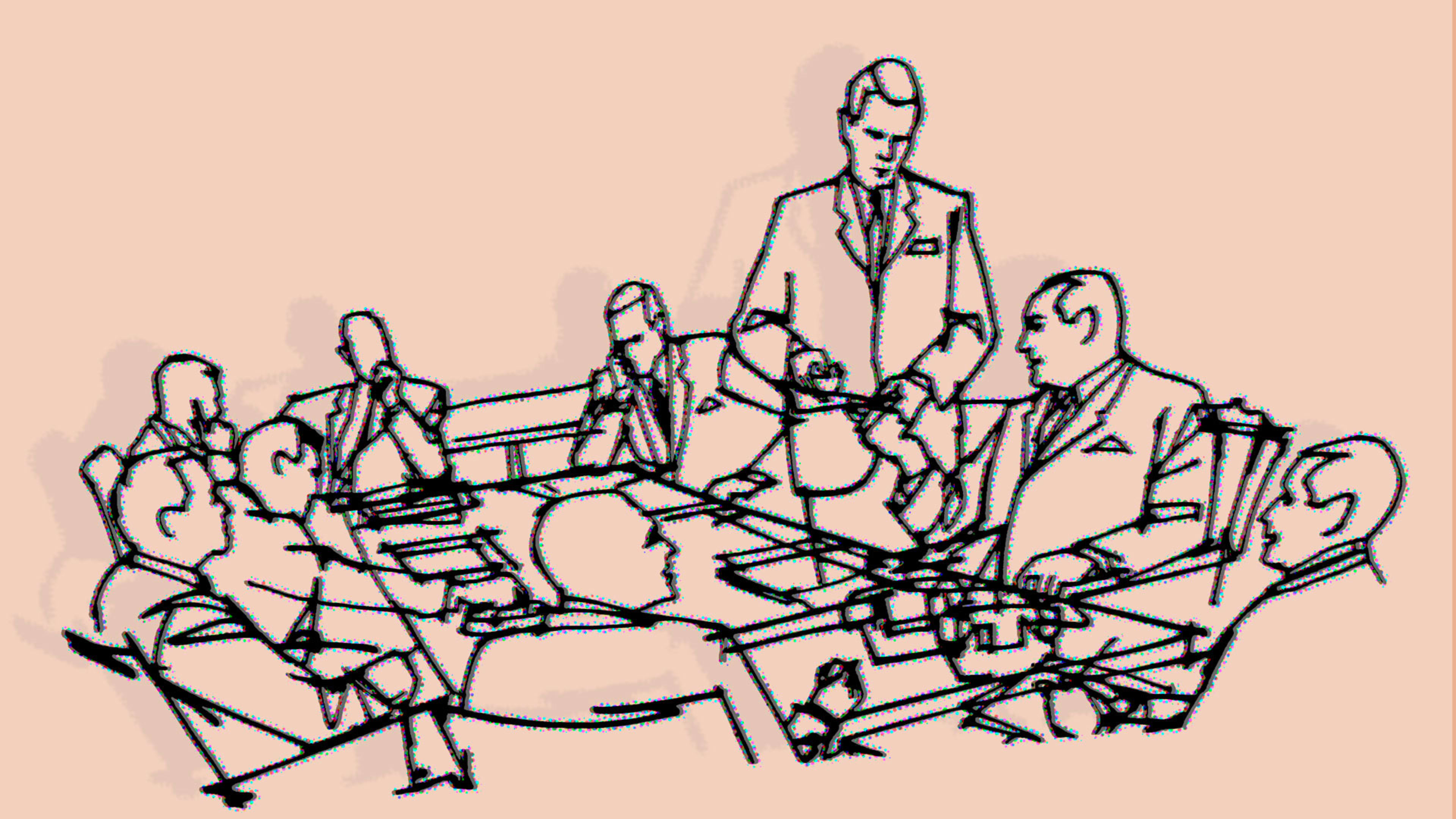Women have been dealing with workplace sexism in all its many forms for generations. Since #MeToo took hold in late 2017, there is now more attention on the rage of issues women endure at work. But aside from the outrageous and illegal, there are still many less extreme issues plaguing women in the workplace, from the gender wage gap to everyday micro-aggressions. So as you brace yourself for another year of navigating sexism at work, let these books inspire you to make some changes.
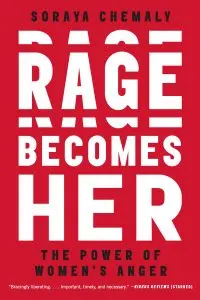
Rage Becomes Her: The Power of Women’s Anger by Soraya Chemaly
“I don’t think anyone can read this book without getting angry,” author Soraya Chemaly told me recently. In Rage Becomes Her, Chemaly outlines the myriad reasons women should be angry, from harassment and sexism in the workplace to the dizzying expectations they face at home and in their family lives. Chemaly also offers pointers for how women can channel that anger to better serve them in the workplace.
Good and Mad: The Revolutionary Power of Women’s Anger by Rebecca Traister
If you’re still incensed after reading Rage Becomes Her, look no further than Rebecca Traister’s latest work. If Chemaly’s book is an exploration of the sources of women’s anger, Traister zeroes in on the role of that anger in politics. “This is about the specific nexus of women’s anger and American politics,” she writes in the introduction, “about how the particular dissatisfactions and resentments of America’s women have often ignited movements for social change and progress.” Traister weaves together analysis and interviews to ensure the book does not speak solely to white women, drawing from a range of perspectives—especially those of black women—to confront the pitfalls of white feminism.
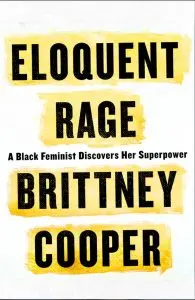
Eloquent Rage: A Black Feminist Discovers Her Superpower by Brittney Cooper
Traister cites this book on black feminism and womanhood—which was published when she started writing Good and Mad—as a source of inspiration. She describes Eloquent Rage as a “proud, energetic reclamation of anger, via memoir and pop cultural analysis—a vision of how a book could be forceful and smart and joyous all at once.” In a year when Serena Williams was unfairly penalized for showing her anger on the U.S. Open court, Brittney Cooper’s framing of black women who express rage as eloquent and articulate feels particularly urgent. “Watching Serena play is like watching eloquent rage personified,” she writes. “Her shots are clear and expressive. Her wins are exultant. Her victories belong to all of us, even though she’s the one who does all the work.”
Fed Up: Emotional Labor, Women, and the Way Forward by Gemma Hartley
Hartley’s book expands on her viral Harper’s Bazaar article, “Women Aren’t Nags, We’re Just Fed Up,” which delved into the burden of emotional labor that is disproportionately carried by women. The managerial duties women tend to hold at home translate into the workplace, too, where women are frequently tasked with, or simply take ownership of, activities like planning office parties—and cleaning up afterwards. In her book, Hartley touches on how women can bring up these issues, both at home and in the workplace, to set boundaries and even out the workload.
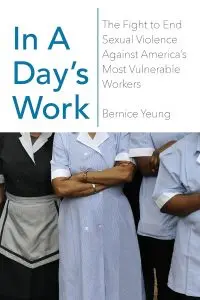
In a Day’s Work: The Fight to End Sexual Violence Against America’s Most Vulnerable Workers by Bernice Yeung
The women that journalist Bernice Yeung reports on have not been the focal point of the #MeToo movement. This book, a culmination of Yeung’s years of reporting on sexual abuse, gives voice to the immigrant women who work in hotels and homes, on farms, and in your office building—women who risk losing their jobs or the threat of deportation when they speak out. Yeung shares their stories of sexual harassment and assault on the job, and highlights efforts to effect change beyond just raising awareness and introducing ineffectual workplace trainings. As Yeung told me earlier this year, sexual misconduct trainings can be crucial for immigrant women when conducted correctly. “It’s done in a way that is couched in the reality of their jobs,” Yeung said of a janitorial training she observed. “The workers discovered that being shown porn on a phone by your supervisor, or lewd remarks, or being grabbed—that it wasn’t just the culture of ‘the building at night,’ as one person put it.”
That’s What She Said: What Men Need to Know (and Women Need to Tell Them) About Working Together by Joanne Lipman
Joanne Lipman digs into myriad issues—many of which we write about frequently here at Fast Company—women face in the workplace, from the wage gap to the office thermostat. While doing research for the book, Lipman discovered that workplace diversity trainings had more or less backfired because men felt vilified. So Lipman sets out to demystify the struggles of working women without “man-shaming,” to make it easier for both men and women to talk about and solve those problems.
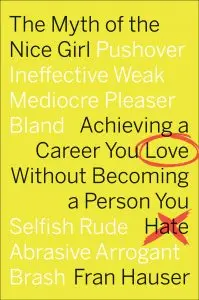
The Myth of the Nice Girl: Achieving a Career You Love Without Becoming a Person You Hate by Fran Hauser
Think you’re too nice at work? Fran Hauser is here to tell you otherwise (though she still believes you should stop saying sorry). In this book, Hauser argues that being nice is in fact a plus—despite what other books may tell you—and that women shouldn’t fall prey to a double bind that paints women as too nice or not nice enough, especially if it means compromising their sense of self. Kindness can be just as effective, she says, and women shouldn’t feel obligated to mask their true personalities to get ahead in the workplace.
Too Fat, Too Slutty, Too Loud: The Rise and Reign of the Unruly Woman by Anne Helen Petersen
In a collection of essays, BuzzFeed writer Anne Helen Petersen hones in on different famous women, from Serena Williams (too strong) and Nicki Minaj (too slutty), to Hillary Clinton (too shrill) and Melissa McCarthy (too fat)—each of whom rejects some notion of femininity and how a woman is expected to conduct herself. “Celebrities are our most visible and binding embodiments of ideology at work: the way we pinpoint and police representations of everything from blackness to queerness, from femininity to pregnancy,” she writes. Petersen examines how these women have pushed boundaries and broadened the notion of what is deemed socially acceptable behavior. Though the women she writes about are famous, the criticisms they bear are much like the ones non-celebrity women face in the workplace.
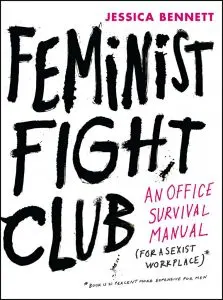
Feminist Fight Club: An Office Survival Manual for a Sexist Workplace by Jessica Bennett
Feminist Fight Club draws its lessons on micro-aggressions and outright sexism in the workplace from a real-life “fight club” of Jessica Bennett’s friends and peers, a group that started meeting in 2009 to talk about the hurdles they faced on the job. In the book, Bennett names the many male offenders you might encounter in a workplace and how to deal with them—the Himitator, who gets credit for your ideas, or the Hoverer, the casual sexual harasser. She also shares strategies and language for the issues women battle internally, from fighting imposter syndrome to negotiating your salary.
Men Explain Things to Me by Rebecca Solnit
Rebecca Solnit’s titular essay—which famously describes how, during a party, an older man explained to Solnit the contents of a “very important book” that was, in fact, a book she had written—laid the groundwork for the term mansplaining. In this series of essays, Solnit interrogates the danger of silencing women, the credibility of women who speak out against harassment and abuse, the threat of same-sex marriage to men, and more.
Recognize your brand’s excellence by applying to this year’s Brands That Matter Awards before the early-rate deadline, May 3.
